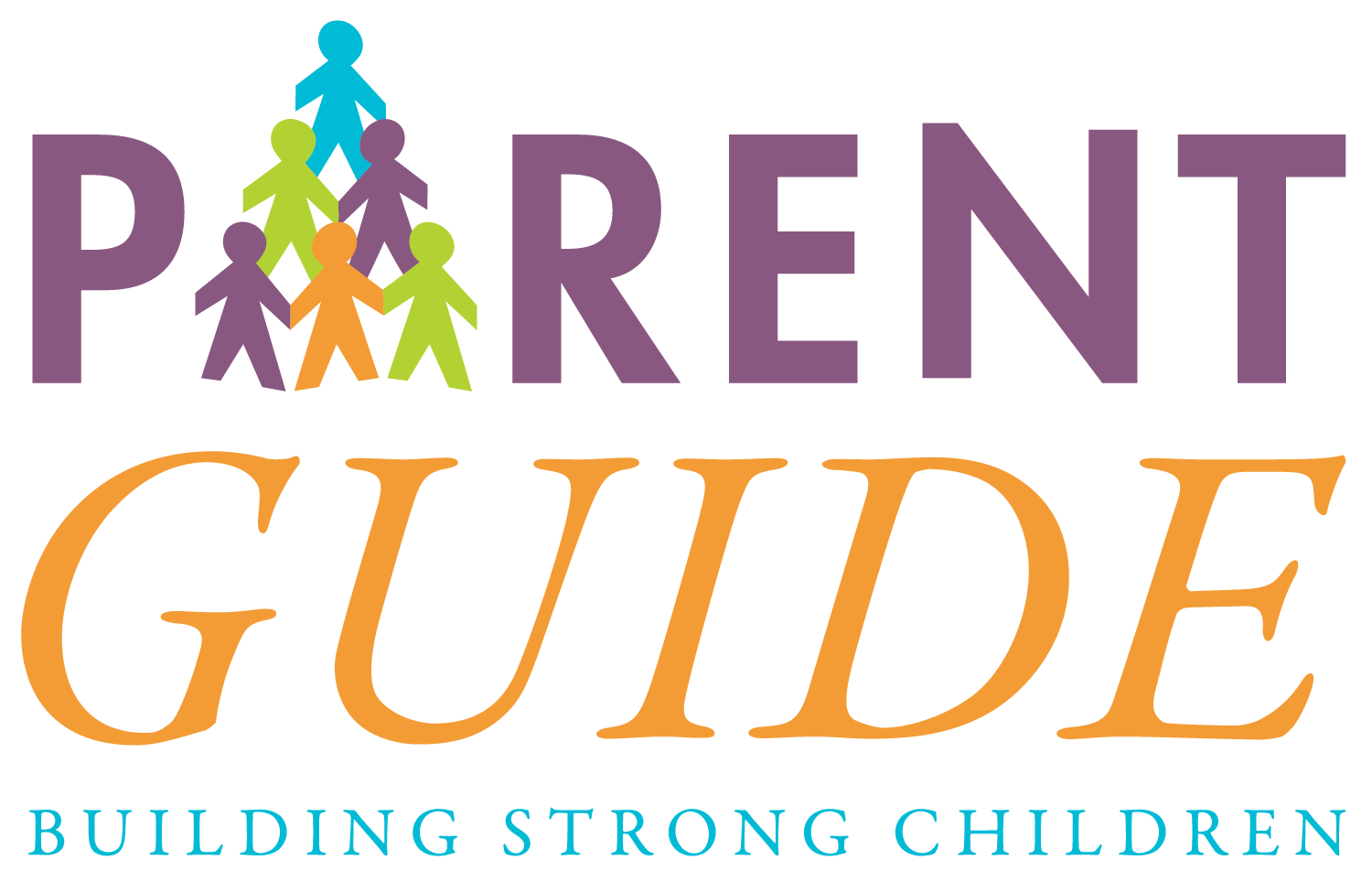What is an infant and early childhood mental health consultant (IECMHC)? Who needs one?
In many ways an IECMHC is like a gadget you did not know that you needed until you have one and then you wonder, “How was I getting along without this?” I partner with parents and caregivers, early intervention professionals, and paediatric medical practitioners to improve the social-emotional and behavioural health of young children. Any parent or early childhood development specialist can seek my services if you have any worries about your child’s development and how that is impacting the care-giving relationships.
How does an IECMHC help families with young children?
I help families in three main ways. First, with a child-focused approach. When parents explain their worries about their child to me, I first screen for any developmental or relationship concerns. Then I work with the parents and other early childhood development specialists involved to understand and address the child’s needs. I also provide a classroom-focused approach for children who are in childcare centres or other arrangements. In partnership with the provider, I make suggestions to help improve the care offered to all children in the setting. Lastly, consultation may be program focused. I seek to assist directors or owners to improve childcare practices and policies to the benefit of the children and adults in their setting.
Why would a childcare programme or centre engage an IECMHC?
I assist early childhood educators to improve and enhance their knowledge and skills through direct services and training. By working with children and their caregivers or educators, I help to build and support strong social-emotional foundations when these are critical, so that children can build relationships, learn, and thrive.
What is social-emotional development? Why does it matter?
“Social-emotional development is a child’s ability to understand the feelings of others, control their own feelings and behaviours, and get along with peers.”
“Children’s social and emotional health affects their overall development and learning. Research indicates that children who are mentally healthy tend to be happier, show greater motivation to learn, have a more positive attitude toward school, more eagerly participate in class activities, and demonstrate higher academic performance than less mentally healthy peers (Hyson 2004; Kostelnik et al. 2015).” https://www.naeyc.org/resources/pubs/yc/mar2018/promoting-social-and-emotional-health
Why should an early intervention specialist or a paediatric medical professional partner with an IECMHC?
To help break the cycle of adverse childhood experiences (ACEs) that may be influencing the development of the children you serve.
Why is ParentGuide a practice that is limited to families with children birth-8 years old?
Early childhood is defined as the period from birth to eight years old. “This is a time of remarkable growth with brain development at its peak. During this stage, children are highly influenced by the environment and the people that surround them.” https://en.unesco.org/themes/early-childhood-care-and-education. ParentGuide seeks to influence families with children at this critical time of life.
What are healing-centred therapies? How do they work? What do I have to do in sessions?
Healing-centred therapies are evidence-based therapeutic interventions that assist in the healing of trauma memories. With young children, I use a dyadic therapy known as Child Parent Psychotherapy (CPP) https://www.nctsn.org/interventions/child-parent-psychotherapy. Once a sense of safety within the care-giving relationship is established, in the context of child-directed play therapy, the child is given space to process their emotions regarding the trauma. Often, care-giving adults must also process trauma memories, usually outside of dyadic therapy sessions. Emotional Freedom Techniques (EFT) use a combination of controlled trauma exposure and self-acceptance to assist the client to heal. A willingness to be open and persistent goes a long way in the healing process.
